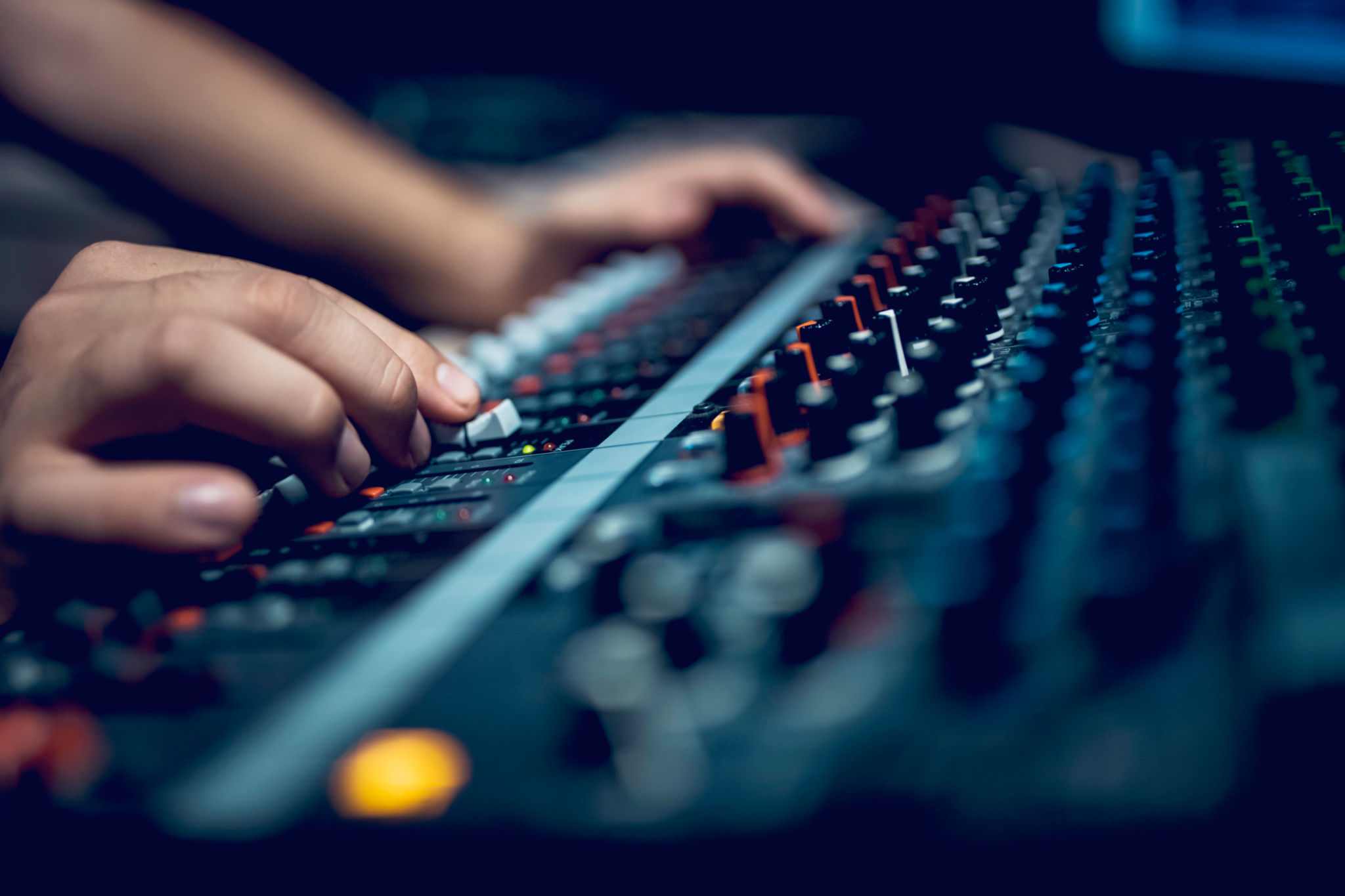How to Prepare for Your First Recording Session: Tips from Anomaly Recording Studios
Understanding the Basics
Preparing for your first recording session can seem daunting, but with the right approach, you can make the most out of your time in the studio. At Anomaly Recording Studios, we believe that understanding the basics is the first step toward a successful session. Make sure you know what you want to achieve during the recording. Whether it's a single track or an entire album, having clear goals will guide your preparation process.
It's essential to familiarize yourself with the studio environment. If possible, visit the studio beforehand to get a feel for the space. Knowing where you'll be working can help reduce anxiety and allow you to focus on your performance.

Getting Your Equipment Ready
Your equipment is your tool for creating great music, so it needs to be in top condition. Start by checking all your instruments and gear. Ensure they are well-maintained and functioning properly. For guitarists, this might mean changing strings; for drummers, tightening heads; and for vocalists, staying hydrated and rested.
Bring any additional equipment you might need, such as tuners, pedals, or personal headphones. It's better to have everything you might require than to need something you didn't bring. Don't forget extra cables and batteries as backups to avoid any last-minute issues.
Preparing Your Music
The more prepared you are musically, the smoother your recording session will go. Have your songs well-rehearsed and ready to perform. Practice not just solo but also with any band members or collaborators to ensure tightness and cohesion in your performances.

Communicating with Your Engineer
A good relationship with your recording engineer can make a significant difference in the outcome of your session. Before the day of recording, discuss your vision for the project with them. Share any specific sounds or effects you're aiming for and be open to their professional advice, as they bring valuable experience and expertise to the table.
During the session, clear communication is key. Let your engineer know if something doesn't sound right or if you'd like to try a different approach. Their role is to help you achieve the best possible sound.
Staying Relaxed and Focused
Recording can be an intense process, especially if it's your first time in a studio environment. Try to stay relaxed and focused on your music. Take breaks if you need to clear your mind and recharge. Remember, it's normal for things to not go perfectly on the first try. Patience and perseverance will pay off.

Making the Most of Your Time
Time management is crucial during a recording session. Plan how you'll use your time in advance, allocating specific blocks for different tasks like setting up, recording, and reviewing takes. Sticking to a schedule can help ensure you complete everything you set out to do.
If things start running over time, prioritize key tracks or parts that are most important to your project. This way, you'll leave with the most critical elements captured.
Reflecting and Learning
Once your session is complete, take some time to reflect on what went well and what could be improved for next time. Consider asking for feedback from the engineer or other musicians involved. Each session is a learning experience that will help you grow as an artist.
At Anomaly Recording Studios, we encourage artists to embrace every recording opportunity as a chance to refine their craft and produce their best work yet.